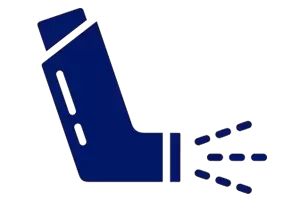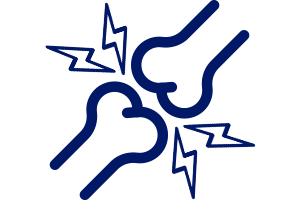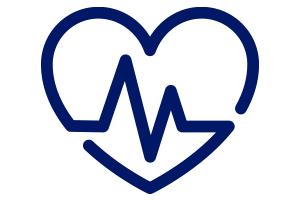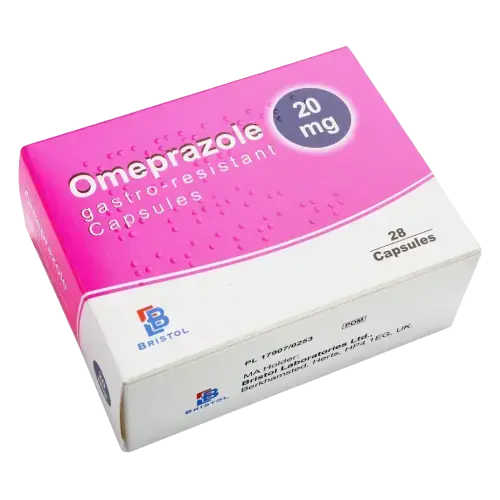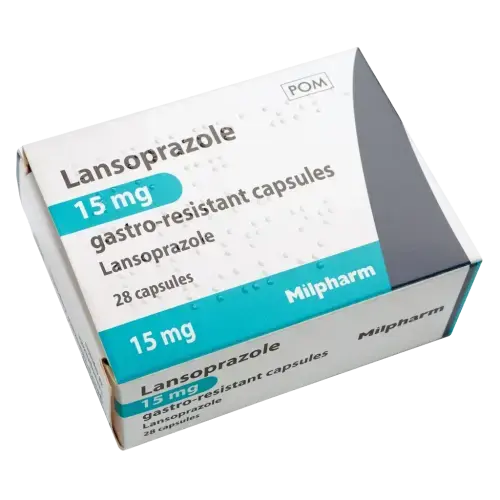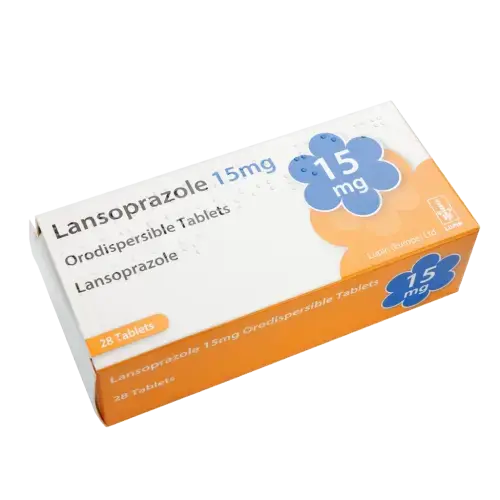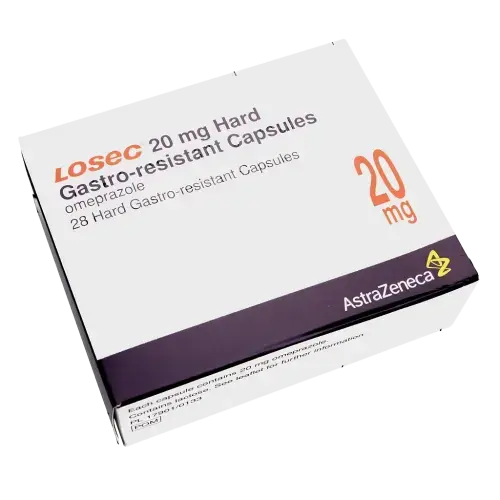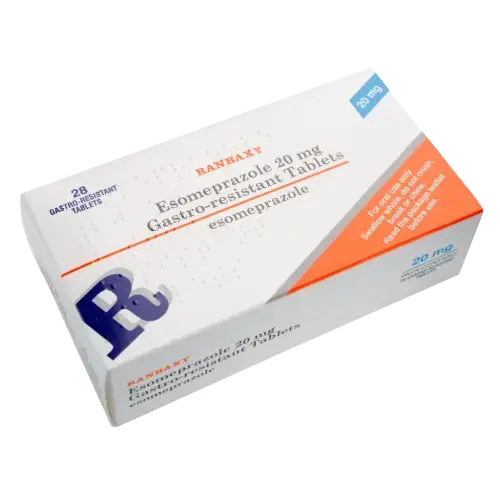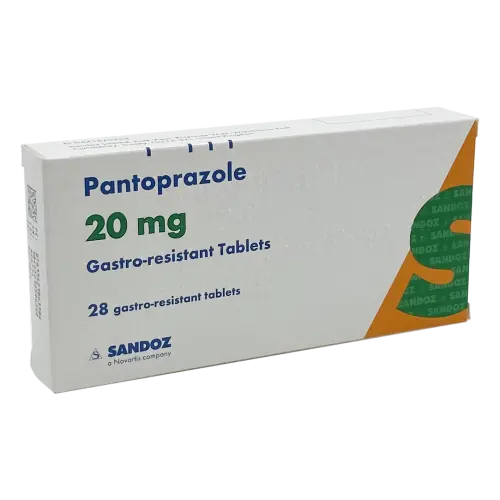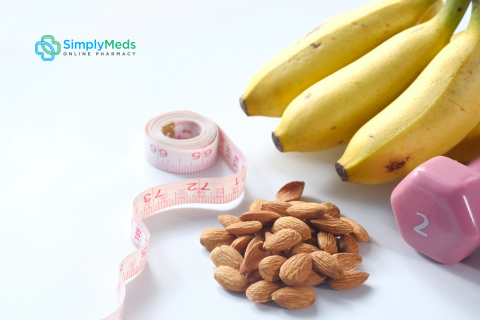Acid reflux is a condition that is part of the overarching Gastroesophageal Reflux Disease (GORD). It’s very common, and everyone suffers from it at some stage in their life, although for some it becomes a chronic condition. Stomach acid passes through the sphincter at the top of the stomach into the oesophagus and up to the throat. The irritation that is caused gives the symptoms of heartburn and indigestion. There are a few reasons why patients suffer from acid reflux. The two main ones are: - Lower oesophageal sphincter failure - This can be due to many reasons. The sphincter at the top of the stomach becomes weak and doesn’t close fully, allowing stomach acid to leak up into the gullet and cause irritation - Hiatus Hernia – This is where part of the stomach starts to protrude outwards, into the diaphragm. As a result the sphincter is not able to close fully even if it isn’t weak, thus causing acid to leak into the gullet. Acid Reflux Triggers Eating a heavy meal or lying down right after a meal Stress Eating chocolate, smoking, and excessive caffeine, or alcohol: These relax the lower oesophageal sphincter, allowing acid to leak up into the gullet. Being overweight: Especially if you carry a lot of weight around the mid-section. The extra weight puts pressure on the stomach, causing the lower oesophageal sphincter to weaken. Being pregnant: Pressure and hormonal imbalances can cause reflux. High-fat diet: The stomach uses acid to break down fats. More fat=More acid Certain medicines: Especially NSAIDs like Ibuprofen and oral corticosteroids Symptoms Common: Sour ‘acidy’ taste at the back of the throat. Heartburn – Pain below the breastbone that can sometimes move around and is worse after a meal. If these symptoms are occurring regularly they should be investigated by your GP as chronic reflux, if left untreated, can lead to quite serious complications. Less common: Nausea A persistent cough that worsens at night Wheezing Chest pain Tooth decay Laryngitis Treatments There are many over-the-counter treatments available such as Gaviscon (Alginate), Rennie (Antacid) and Zantac (H2 Antagonist). For some types of reflux, these may offer relief but are not always a convenient long term solution. The most effective treatments available are Proton Pump Inhibitors (PPIs). PPIs work by actively stopping the stomach from producing acid. They are well tolerated by most patients with not many adverse effects. H2 Antagonists like Ranitidine (Zantac) work very similarly to reduce stomach acid however, their mechanism of action is slightly different. They are nonetheless well-established as an effective treatment for acid reflux. PPI Examples: Omeprazole (Losec) Lansoprazole (Zoton) Pantoprazole (Pantoloc) Esomeprazole (Nexium) If a PPI is not working then there are also surgical options available. These can be discussed with your GP. Keep feeling your best with vitamins and supplements.
Learn More...- Shop/Treatments
- Prescription Treatments
-
- View All Treatments

-

-

-

-
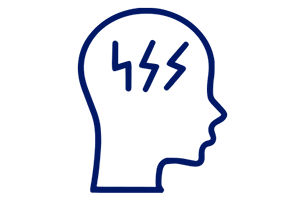
-
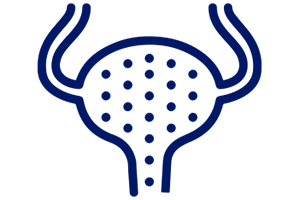
-

-

-

-

-
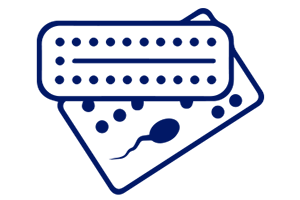
-

-
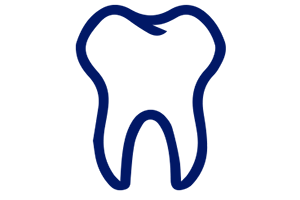
-

-

-
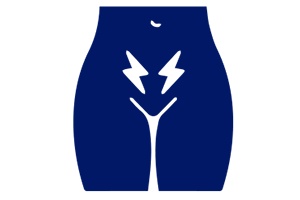
-

-
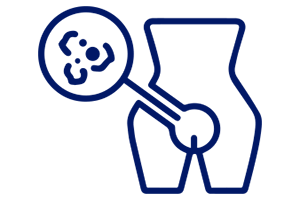
-

-

-

-

-

-

-

-
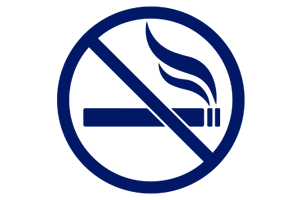
-

-

-

-
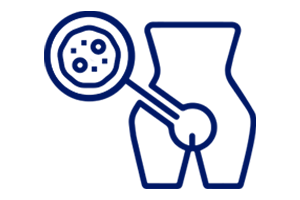
-

-
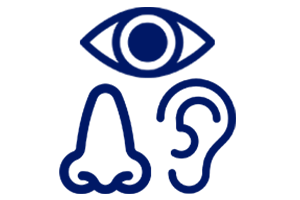
-
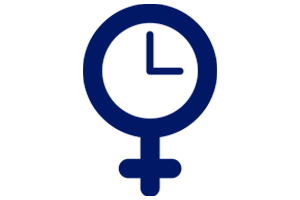
- View All Treatments

- View All Treatments
-
- Pharmacy Shop
-
- View All Treatments

-

-

-

-

-

-

-

-

-
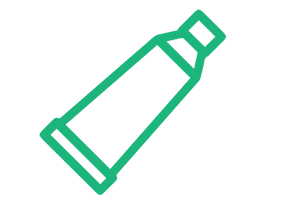
-
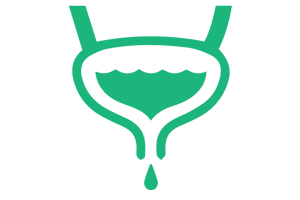
-

-
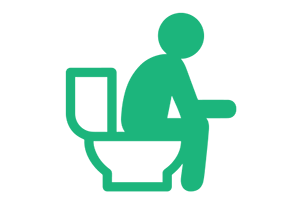
-

-
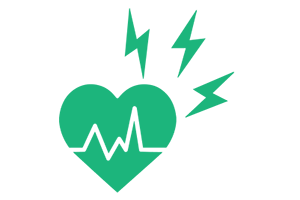
-

-

-

-

-

-

-

-

-
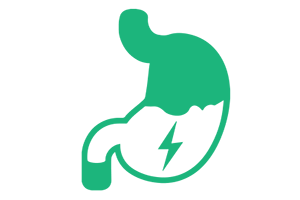
-

-

-

-

-
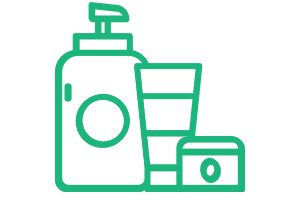
-
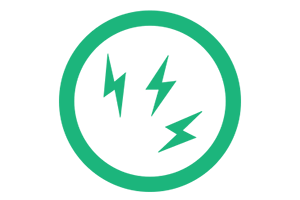
-

-

-

-

-
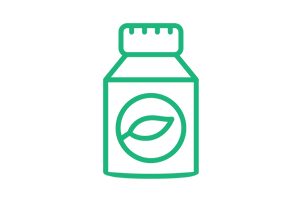
-

-

-

-

-
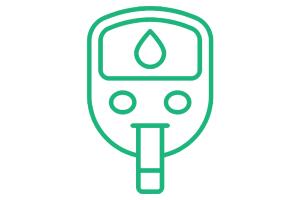
-

-
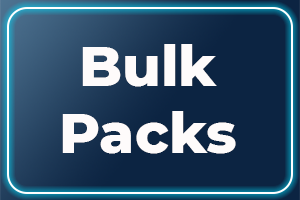
-

- View All Treatments

- View All Treatments
-
- Emergency Medications
- Premium Supplements
- Prescription Treatments

 Account
Account


